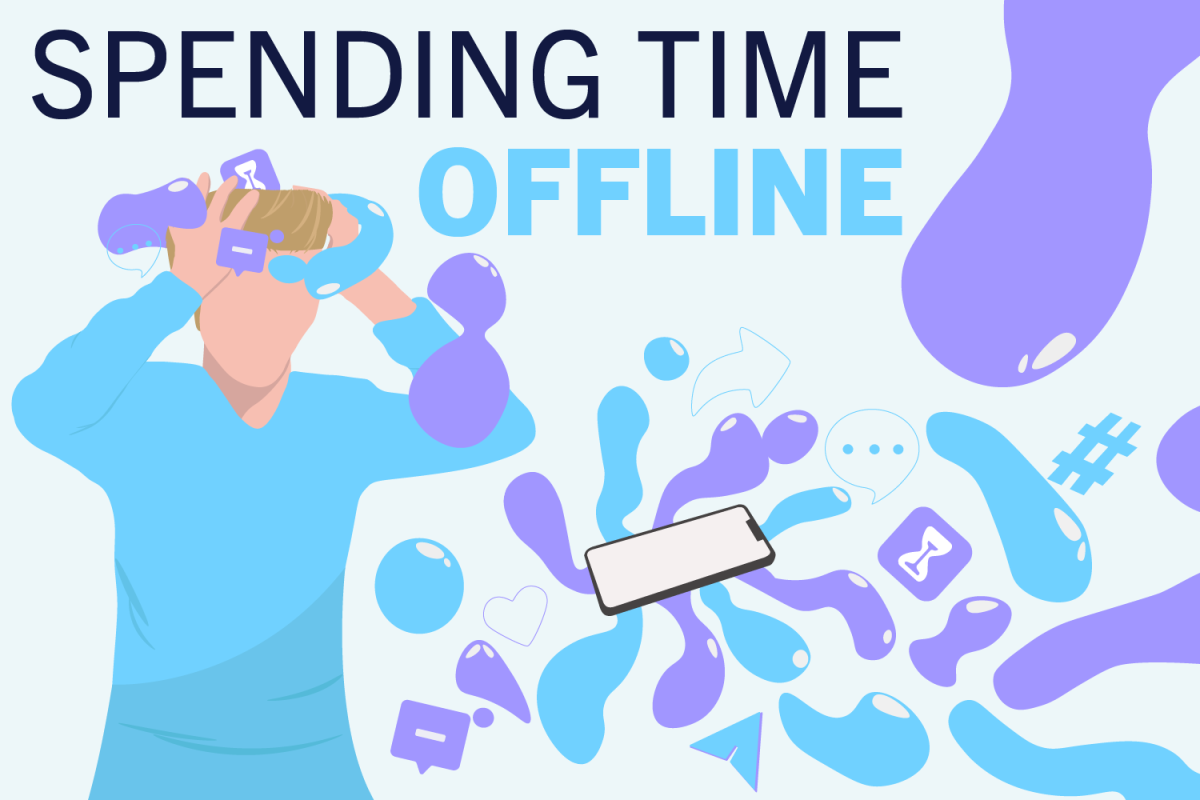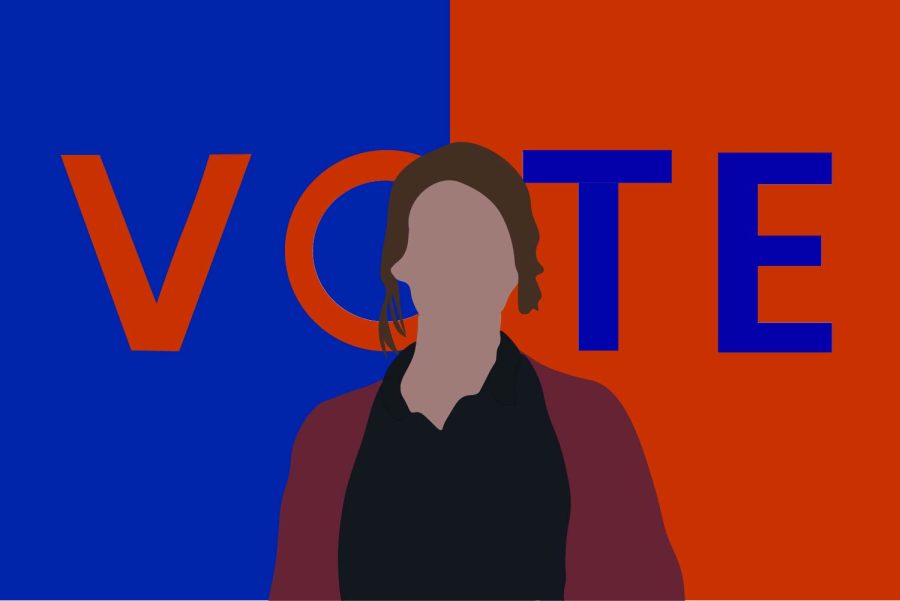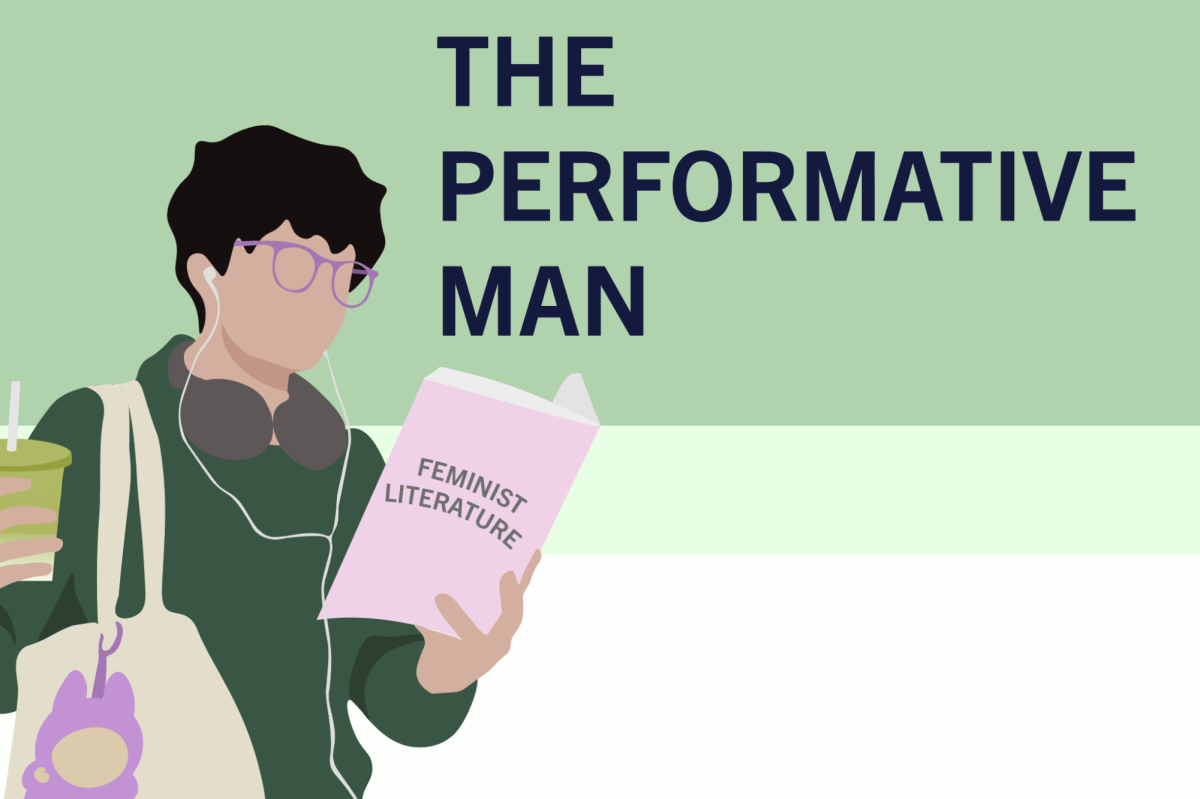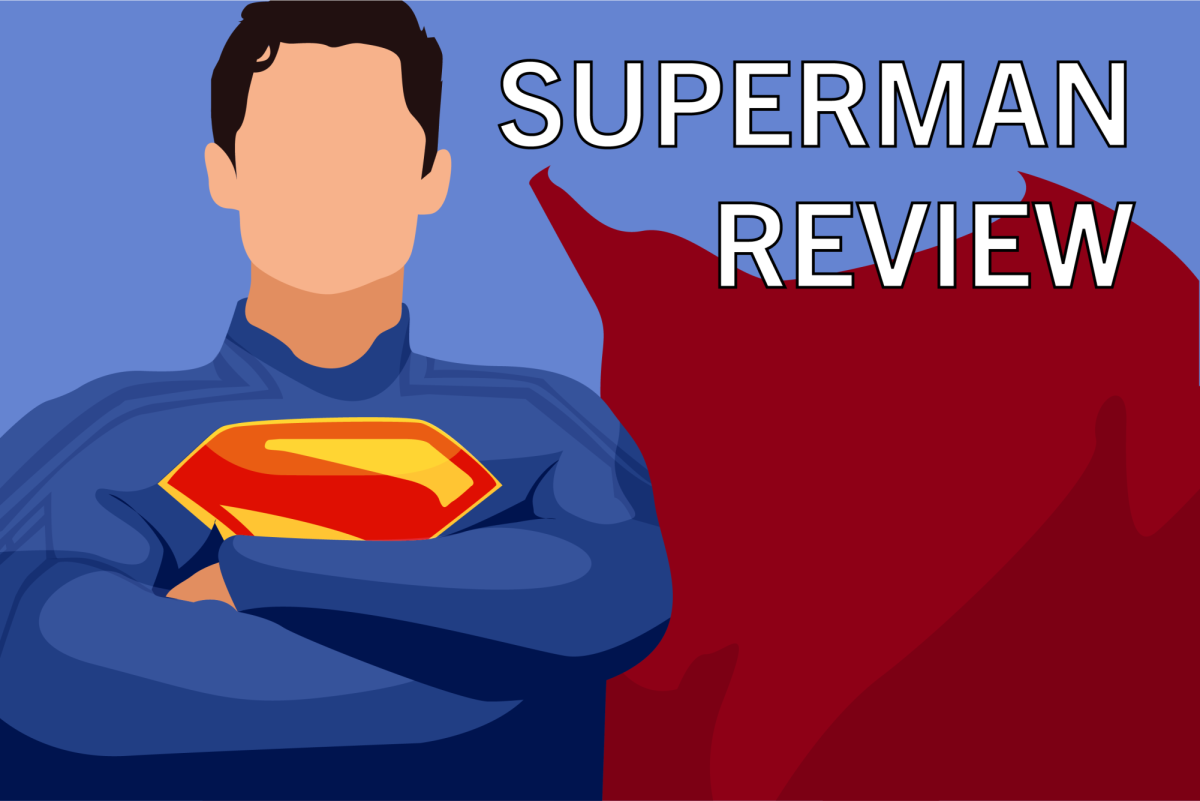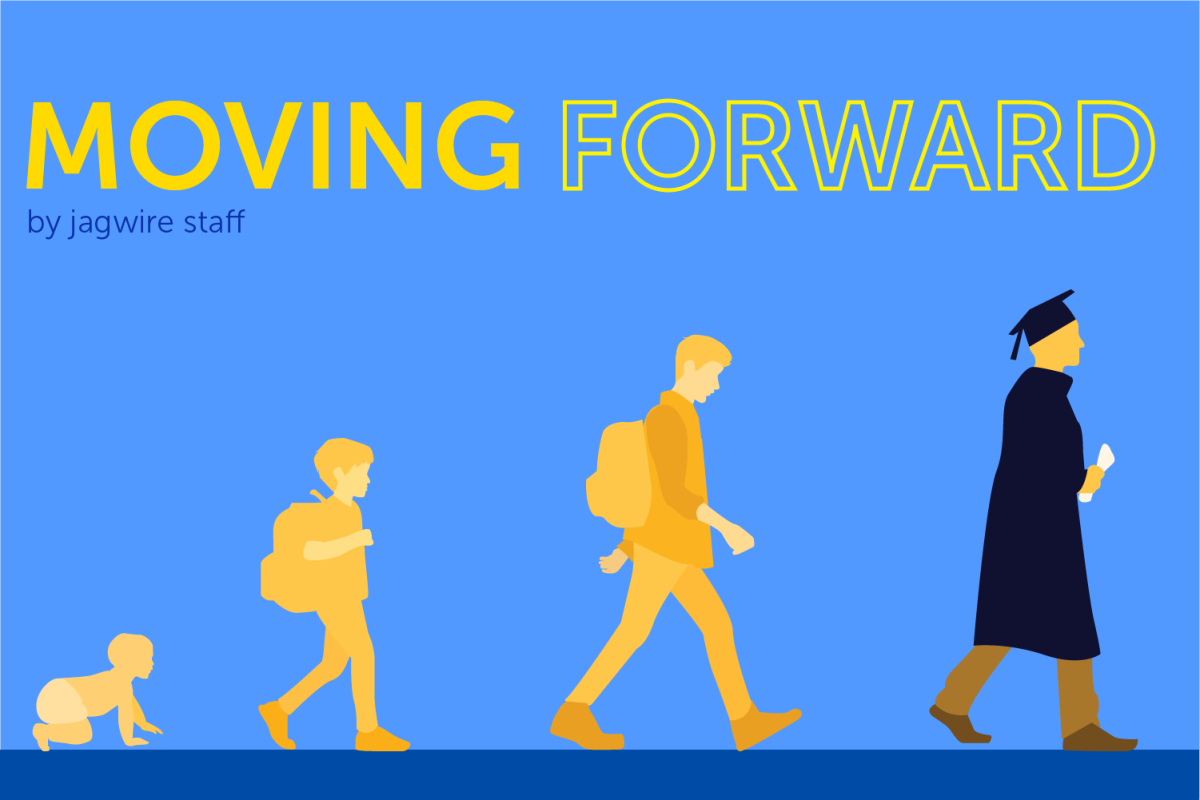Watching short video clips showing people with ridiculous hand gestures repeating two common numbers for hours on end can increase intelligence, right? If that were true I would be a genius.
Research by the US Department of Education shows that excessive consumption of social media decreases attention span. This leads to lower levels of thinking ability and weakens the logical ability to identify lies in social media.
The more time students spend on shortform videos, the less ability they have to sustain attention, according to the US DOE. This concept is self explanatory considering how the design platforms such as Instagram Reels involve repeatedly scrolling through less than a minute long videos. The constant refresh of dopamine after each swipe alters the brain to the point where one’s cognitive functions, or critical thinking, are impaired. It is impossible for me to feel reenergized after frying the brain for hours before finally starting on the homework pile.
When a person’s mental state becomes “cooked” in this fashion, it is easy to start believing whatever one sees on their phone screen. False information that infests social media screens starts looking too true. This doesn’t just happen to students, even my social studies teacher recalled a time when she was convinced that a popular country music star was in the hospital with cancer due to an AI-generated post.
Running into cognitive fatigue due to social media use is practically inevitable in our increasingly interconnected world. Because of this, the best action people can take to protect their digital critical thinking skills, besides just “hopping off,” is to educate themselves on the logical fallacies used as a part of social media disinformation. Logical fallacies are flaws in reasoning that can be used in speech and in the media to fool people. Some of the most common logical fallacies include arguments that attack personal characteristics or misrepresent opposing arguments to make them easier to attack.
Some could say that correlation does not equal causation. While skepticism always has merit, there is strong reason to believe my claim because of experiences I have that are common among my peers. When I scroll for a long period of time, it becomes nearly impossible to focus.
If I can’t stay “locked in” and study, there’s no way that I would be able to figure out if the video I just watched is generated by artificial intelligence.
It’s best to learn about the types of misleading arguments so that one can relax with Italian brainrot while maintaining a defense against the many lies on the internet. Or they can just take the simpler but more difficult path and spend some time offline.


